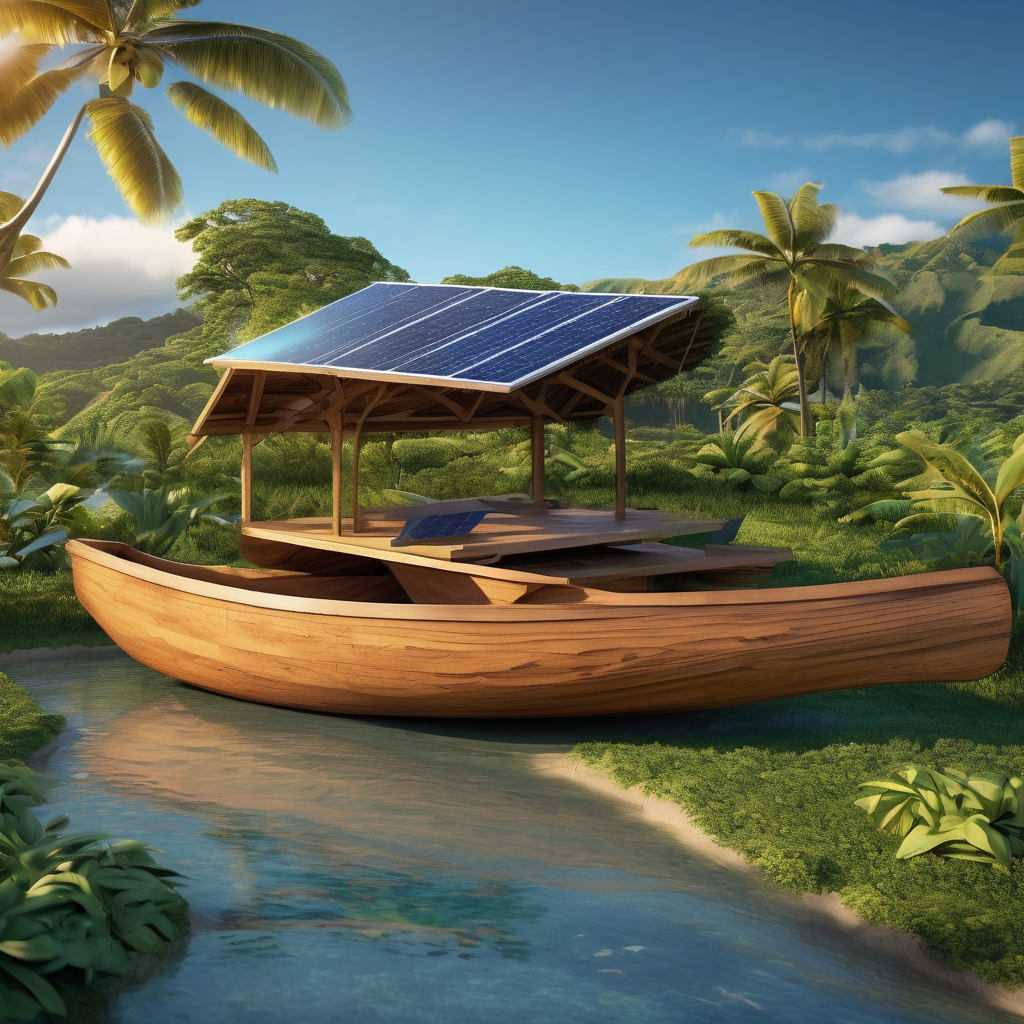Fiji has marked a significant milestone by becoming the first Pacific Island nation to host a Land Art Generator Initiative (LAGI) design competition, underscoring its dedication to integrating art, technology, and clean energy in the fight against climate change. The LAGI 2025 Fiji Exhibition was officially launched in Suva by Tourism Minister and Deputy Prime Minister Viliame Gavoka, who emphasized the event’s vital role in propelling Fiji and the Pacific region into global discussions focused on sustainability and innovation.
Minister Gavoka characterized the exhibition as a powerful demonstration of leadership, illustrating that climate solutions can be both functional and culturally meaningful. He noted that Fiji’s strides in sustainable tourism and renewable energy highlight how even small island nations can lead the charge in sustainability efforts.
Gavoka pointed to several key initiatives, including marine conservation projects aligned with the Blue Town commitments and renewable energy developments in resorts and rural areas. These initiatives are grounded in national policies aimed at fostering inclusive growth and low-emission development, showcasing a collaborative effort that draws contributions from international designers and local communities, particularly Marou Village in the Yasawas.
The exhibition drew significant global interest, with over 200 submissions from 45 countries and 36 universities. This response reflects a rising awareness and appreciation for Fiji’s cultural and climate leadership. Among the submissions, two winning designs are scheduled for construction in Marou Village, with the objective of providing clean energy, safe water, and spaces for community storytelling.
Gavoka expressed his optimism for the project, envisioning it as a testament to what can be accomplished through creativity and tangible action. He believes that by harnessing culture, design, and renewable energy, Fiji can forge a future that is not only aesthetically pleasing and resilient but also equitable.
This initiative ties into Fiji’s broader climate action and sustainability commitments, a focus that Minister for Public Works Ro Filipe Tuisawau reiterated during discussions at COP29 in Azerbaijan. He has stressed the need for a transition to renewable energy, with Fiji aiming to achieve over 90% of its electricity from renewable sources by 2030 and to reach net-zero emissions by 2050. Such commitments position Fiji as a source of inspiration and innovation for other nations seeking paths toward a sustainable future amid the pressing challenges of climate change.
